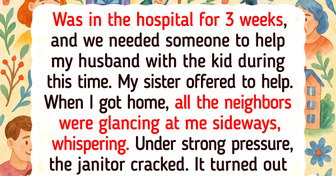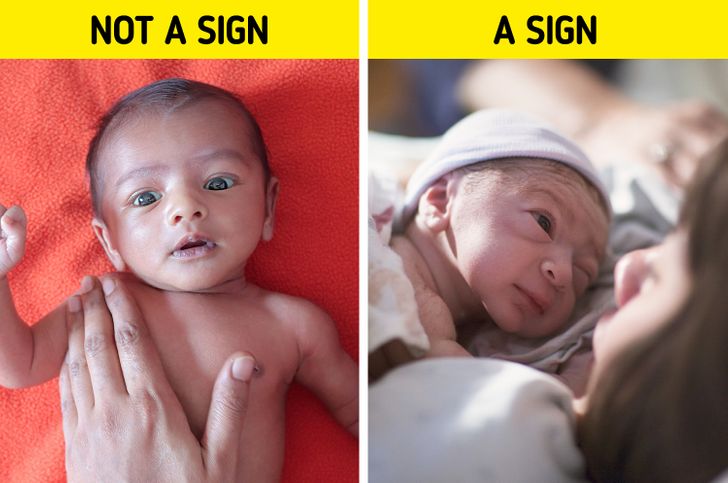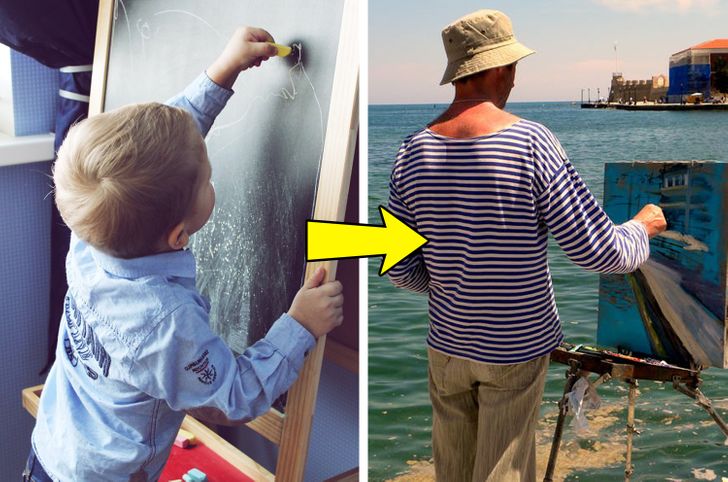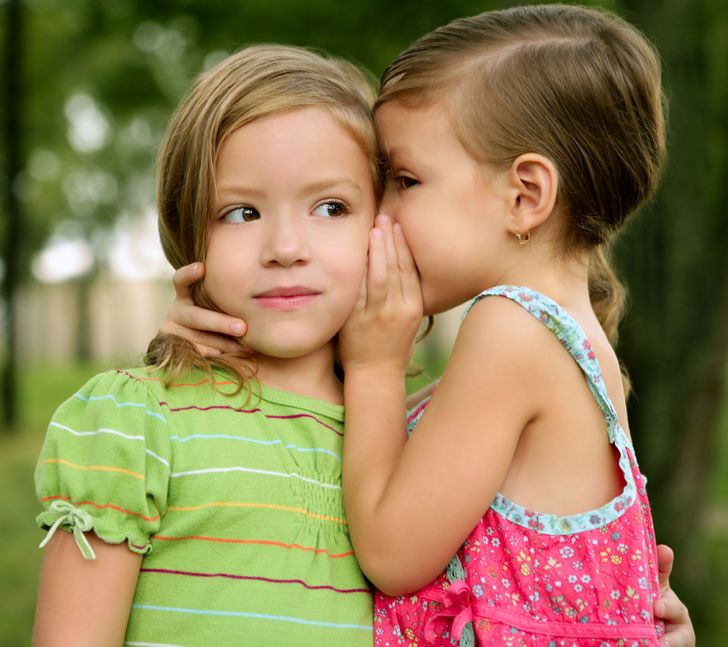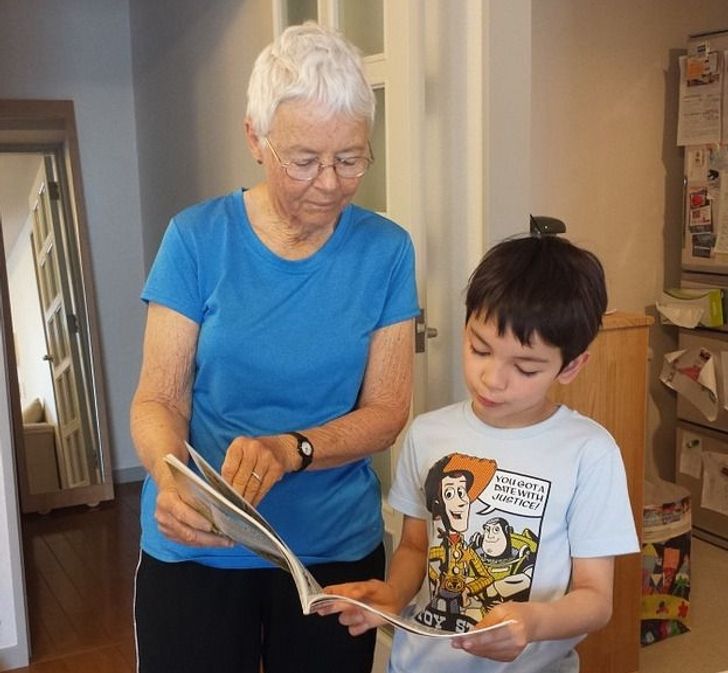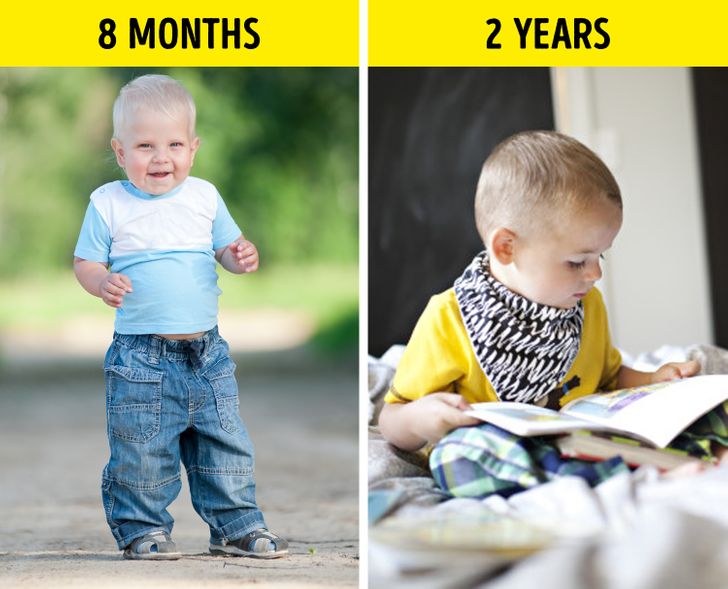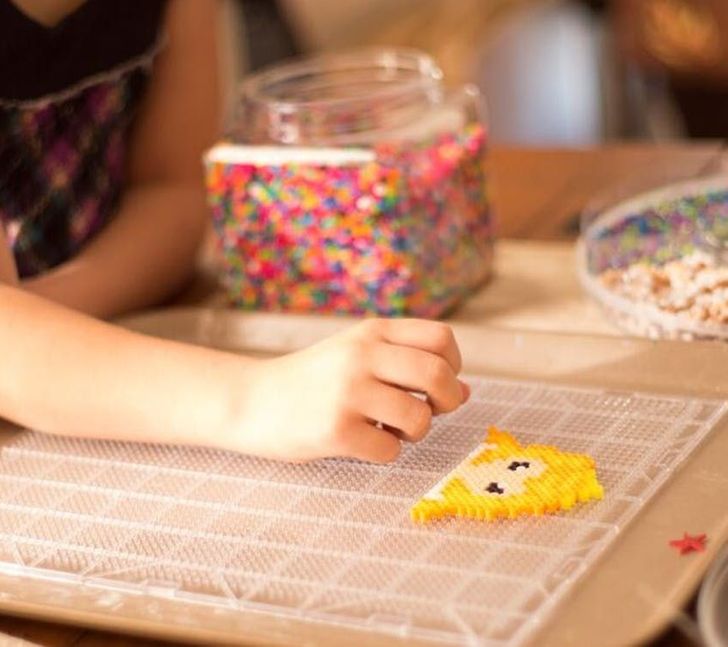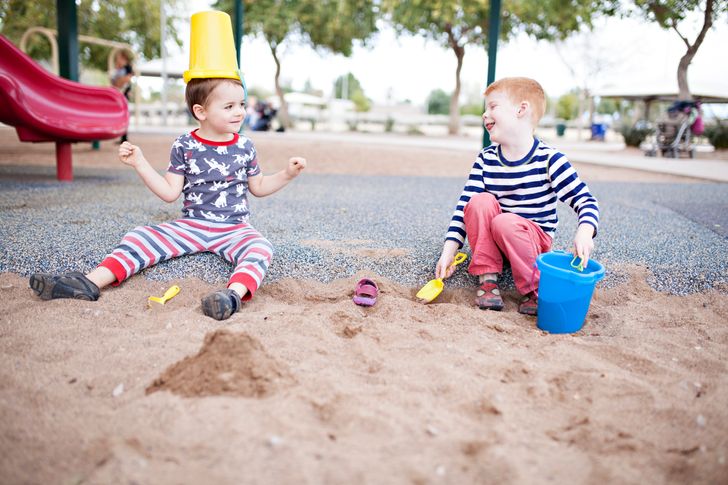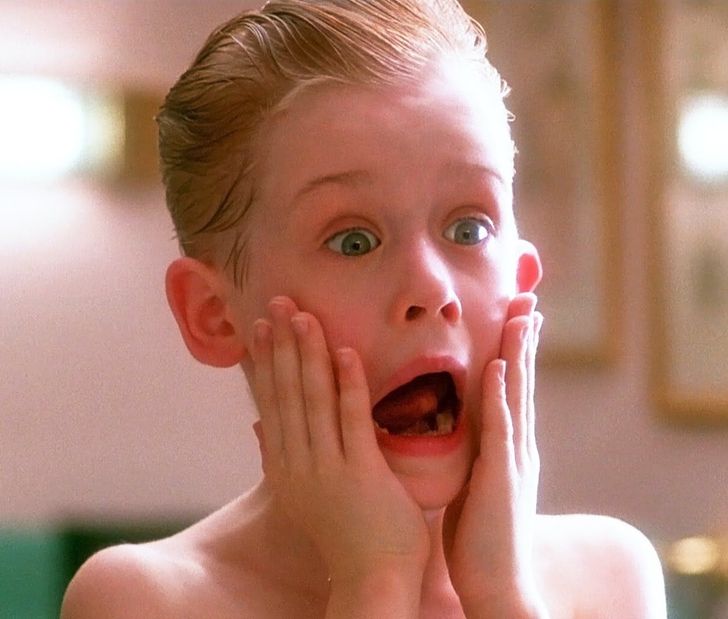I just liked readin´ it
10 Traits of a Gifted Child Even Parents May Not Know About
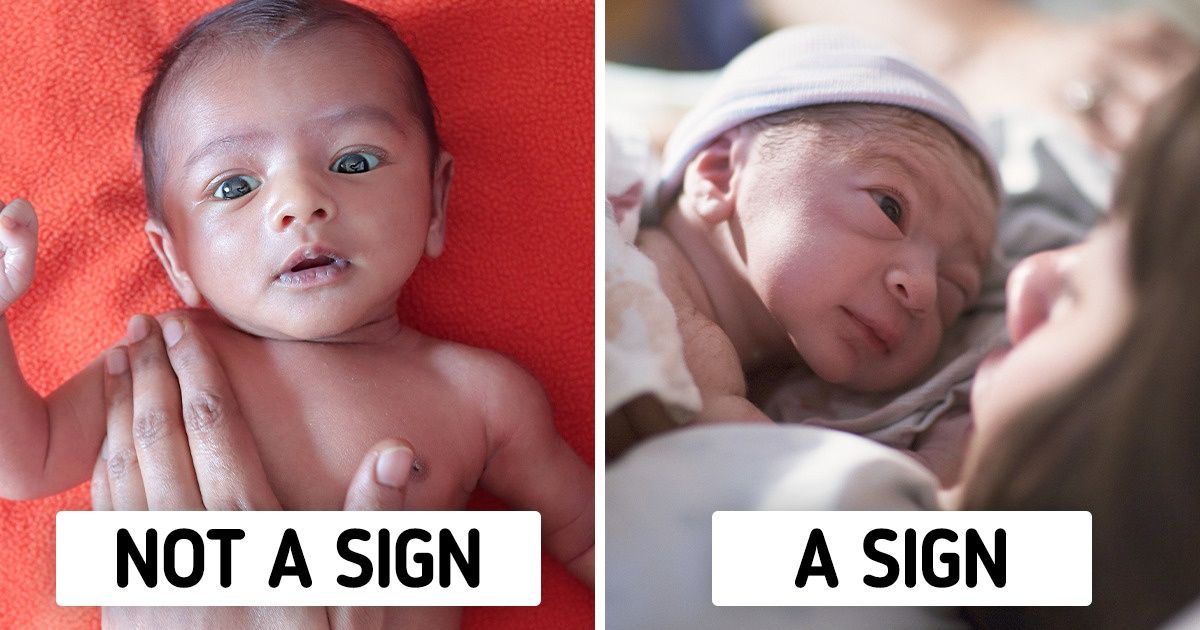
Scientists say that a high IQ score doesn’t mean a person is a genius. But there are several features that indicate your child has a big future in front of them. They may become prominent artists, successful businessmen, or great politicians. You just have to notice your child’s talent and help them develop it.
Bright Side knows what future geniuses look like. Just remember, everything should be verified with a specialist.
10. They open their eyes wide.
Gifted kids tend to be “more alert and awake” and maintain good eye contact.
9. They visualize and draw.
A gifted child is an information collector. After visiting a place, some children can even draw it in detail without looking at photos. Scientists call this phenomenon “eidetic memory.” Only 2%-10% of children possess this ability. Among adults, it occurs even less often.
8. They have their heads up in the clouds.
Smart children aren’t angels. They’re often preoccupied with their surroundings and own thoughts and can’t resist changing activities when engrossed in their own interests. They’re avid storytellers and their vivid imaginations usually shock their parents and teachers. But a vivid imagination is a sign of intelligence.
- Gifted children are often bored at school and start entertaining themselves on their own. Parents may need to explain that education is really important in order to curb this behavior.
7. They usually speak fast.
A fast speaking rate and varied vocabulary, early reading, and the ability to participate in adult conversations indicate that a child is rather gifted. An average child starts speaking by the age of 2. Gifted 2-year-old children are usually able to build complex phrases.
- In rare cases, children learn to speak later. Scientists think that these kids have Einstein Syndrome. It’s said that Albert Einstein couldn’t communicate well before he turned 5.
6. They’re sociable.
To be a genius, a person shouldn’t have to remember long mathematical formulas. Social geniuses are able to build relationships with the people around them. There’s a term called “social intelligence,” and if your child can gain the interest of their friends, they’re probably gifted.
- Scientists also highlight emotional intelligence, the capability of individuals to recognize and manage their own emotions and those of others.
5. They spend a lot of time with adults.
Future geniuses like to talk to adults. Ordinary children usually feel more reserved in the company of adult people, but gifted kids like this atmosphere. Talented children often make older friends. But even child prodigies need to communicate with children that are their age.
4. They’re active.
Future geniuses are really active. They may start talking and walking earlier than other kids. It’s said that smart children hate sports: they’d rather stay home and read books. But this is a mistake. Scientists say that child prodigies are prone to be restless and need to do something. It’s their method of discovering the world.
3. They like activities that develop their fine motor skills.
This is abstract to a 2-year-old toddlers’ parents. If your baby likes to string beads, tries to put together puzzles, and so on, you’re raising a talented child. Fine motor skills contribute to high intellectual development. Don’t forget that you should keep an eye on your baby when they’re playing with tiny objects. There are even lists that can help you check your child’s fine motor development.
2. They have a good sense of humor.
1. They’re susceptible and emotional.
Children that have great skills sometimes are neglected, becoming susceptible and prone to emotional disorders. Their nervous system is usually overloaded because of tons of information and their strong reactions to it. Remember: even if your child behaves like an adult, it doesn’t mean they are one.
Have you noticed any of these traits in your child’s behavior? Tell us about your little geniuses in the comments!
Comments
I got i birthmark a big 1 see
um wow
MENS FASHION LEATHER PANTS
I started speaking English at about age 2 like everyone else, but before that I made up my own language. My mom could never tell me what my first word was because I spoke and signed different words. For example, for the moon I said "Moo, moo" and for an airplane I made a shzhhhhhh sound, and for the stars I said "baba". Once when I was about 1 my mom and I were looking out the window, and there was a light blinking across the sky. Without missing a beat I said "Moo baba shzhh?" and my mom knew immediately I was asking if the light was the moon, a star, or an airplane. She told me it was an airplane. Also I would say "Ahoo ahoo" for breastmilk and "Erdaderda" for water, or sometimes thirsty. Once in the library when I was about 1 I said to my mom "Ahoo ahoo, erdaderda" and a lady came to us saying "Is she trying to talk? How sweet!" and my mom says she remembered feeling like "She wasn't TRYING to talk she just did talk. She told me that she's thirsty and would like to breastfeed." I dunno if that counts as talking early, but I did.
Related Reads
I Refuse to Take Care of My Sick DIL, I’m Not Her Full-Time Nurse

16 Tiny Acts From Strangers That Left Permanent Marks on People
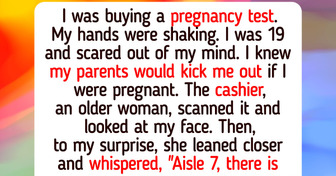
11 Touching Stories of Kind Strangers Who Became Someone’s Light
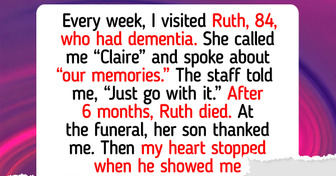
10 Teachers Who Learned Life Lessons From Their Remarkable Students
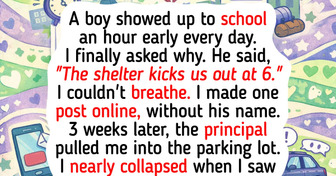
15 Moments That Prove Kindness Is the Thread Holding Life Together
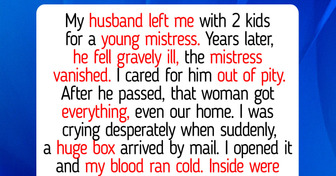
14 Quite Acts of Kindness That Changed Someone’s Life Forever

Our “Romantic” Vacation Was Hijacked by My Wife’s Family—And It Forced Us to Reevaluate Our Relationship

12 Moments Where Empathy Showed the Power of a Kind Heart
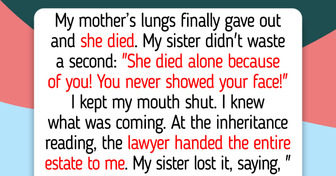
I Refused to Pay for Our Valentine’s Dinner—Then I Learned the Heartbreaking Truth

10 Times a Moment of Pure Cruelty Was Actually a Secret Act of Kindness
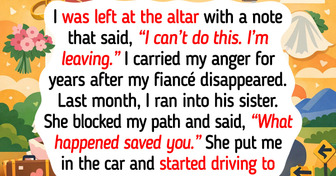
HR Fired Me Right Before My Vacation, So I Used It Against Them

18 Stories That Prove Living in an Apartment Is Like Having a Front-Row Seat to a Comedy Show
